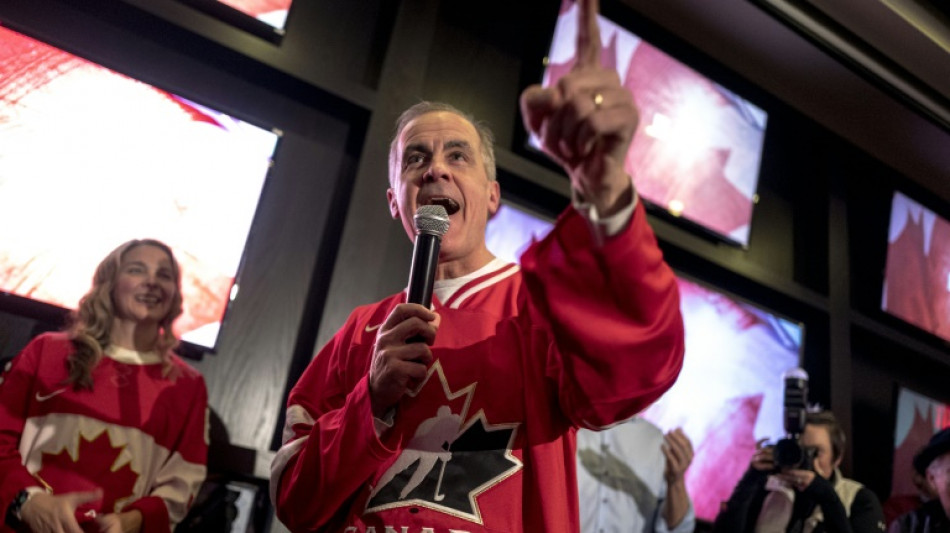
-
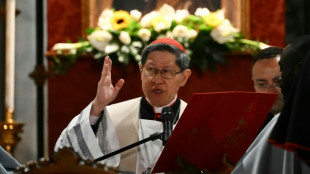 Filipino cardinal, the 'Asian Francis', is papal contender
Filipino cardinal, the 'Asian Francis', is papal contender
-
Samsung Electronics posts 22% jump in Q1 net profit
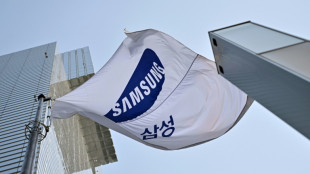
-
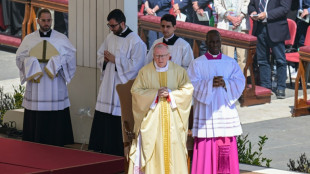 Pietro Parolin, career diplomat leading race to be pope
Pietro Parolin, career diplomat leading race to be pope
-
Nuclear submarine deal lurks below surface of Australian election
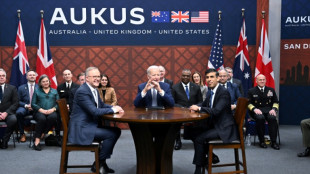
-
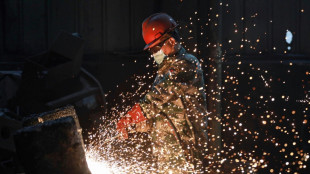 China's manufacturing shrinks in April as trade war bites
China's manufacturing shrinks in April as trade war bites
-
Financial markets may be the last guardrail on Trump
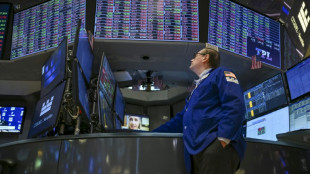
-
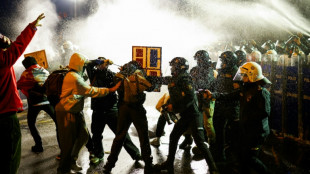 Swedish journalist's trial opens in Turkey
Swedish journalist's trial opens in Turkey
-
Kiss says 'honour of a lifetime' to coach Wallabies at home World Cup
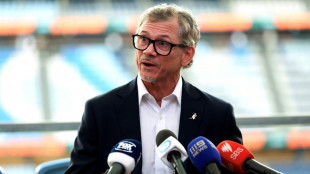
-
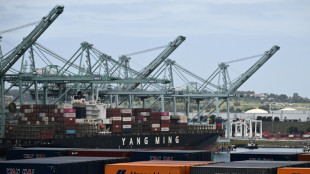 US growth figure expected to make for tough reading for Trump
US growth figure expected to make for tough reading for Trump
-
Opposition leader confirmed winner of Trinidad elections
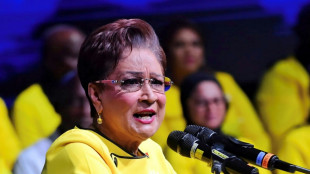
-
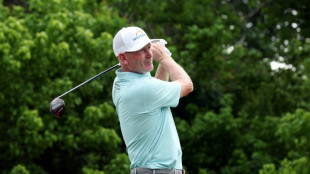 Snedeker, Ogilvy to skipper Presidents Cup teams: PGA Tour
Snedeker, Ogilvy to skipper Presidents Cup teams: PGA Tour
-
Win or bust in Europa League for Amorim's Man Utd
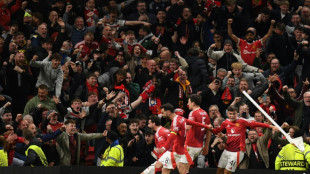
-
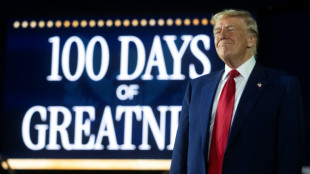 Trump celebrates 100 days in office with campaign-style rally
Trump celebrates 100 days in office with campaign-style rally
-
Top Cuban dissidents detained after court revokes parole
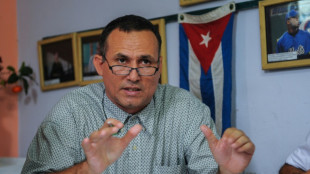
-
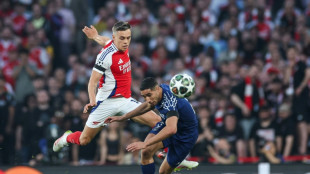 Arteta urges Arsenal to deliver 'special' fightback against PSG
Arteta urges Arsenal to deliver 'special' fightback against PSG
-
Trump fires Kamala Harris's husband from Holocaust board
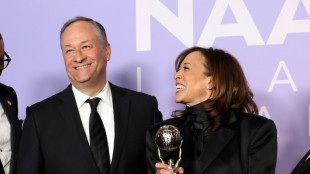
-
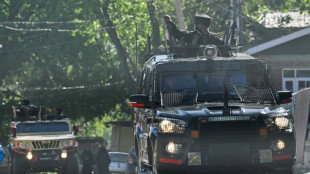 Pakistan says India planning strike as tensions soar over Kashmir attack
Pakistan says India planning strike as tensions soar over Kashmir attack
-
Weinstein sex attack accuser tells court he 'humiliated' her
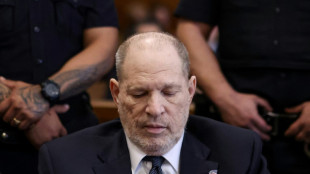
-
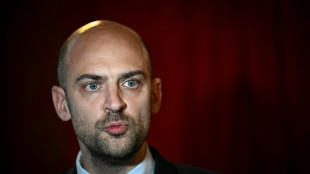 France accuses Russian military intelligence over cyberattacks
France accuses Russian military intelligence over cyberattacks
-
Global stocks mostly rise as Trump grants auto tariff relief
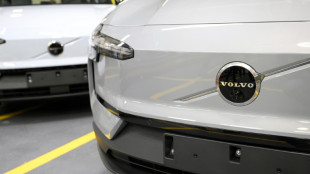
-
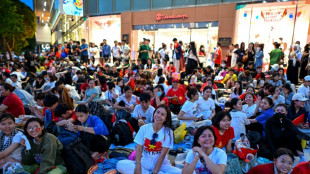 Grand Vietnam parade 50 years after the fall of Saigon
Grand Vietnam parade 50 years after the fall of Saigon
-
Trump fires ex first gentleman Emhoff from Holocaust board
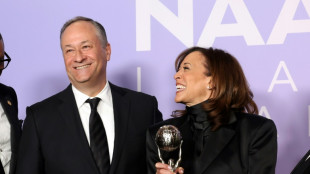
-
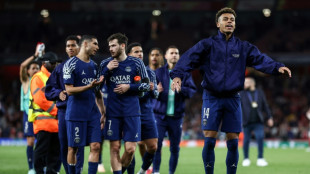 PSG 'not getting carried away' despite holding edge against Arsenal
PSG 'not getting carried away' despite holding edge against Arsenal
-
Cuban dissidents detained after court revokes parole
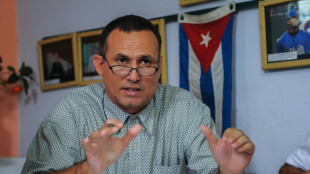
-
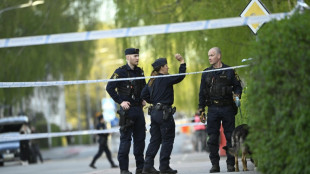 Sweden stunned by new deadly gun attack
Sweden stunned by new deadly gun attack
-
BRICS blast 'resurgence of protectionism' in Trump era
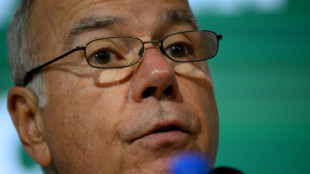
-
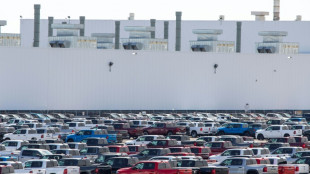 Trump tempers auto tariffs, winning cautious praise from industry
Trump tempers auto tariffs, winning cautious praise from industry
-
'Cruel measure': Dominican crackdown on Haitian hospitals
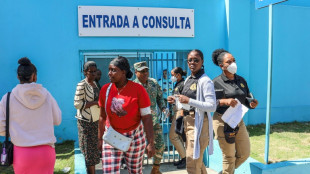
-
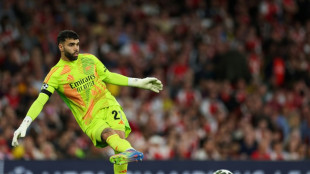 'It's only half-time': Defiant Raya says Arsenal can overturn PSG deficit
'It's only half-time': Defiant Raya says Arsenal can overturn PSG deficit
-
Dembele sinks Arsenal as PSG seize edge in Champions League semi-final
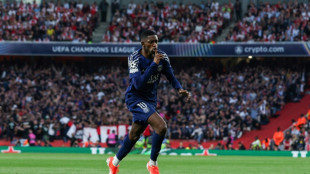
-
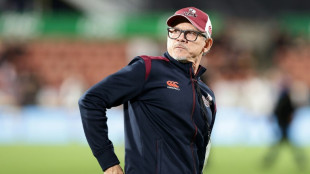 Les Kiss to take over Wallabies coach role from mid-2026
Les Kiss to take over Wallabies coach role from mid-2026
-
Real Madrid's Rudiger, Mendy and Alaba out injured until end of season
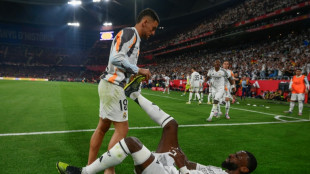
-
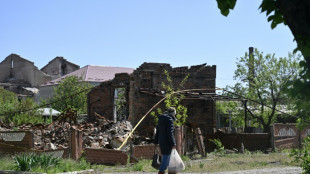 US threatens to quit Russia-Ukraine effort unless 'concrete proposals'
US threatens to quit Russia-Ukraine effort unless 'concrete proposals'
-
Meta releases standalone AI app, competing with ChatGPT
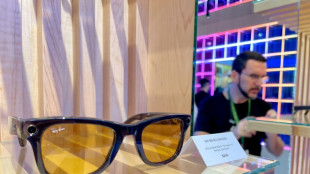
-
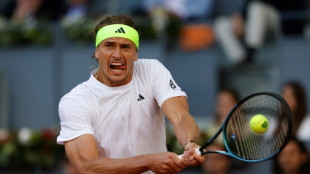 Zverev crashes as Swiatek scrapes into Madrid Open quarter-finals
Zverev crashes as Swiatek scrapes into Madrid Open quarter-finals
-
BRICS members blast rise of 'trade protectionism'
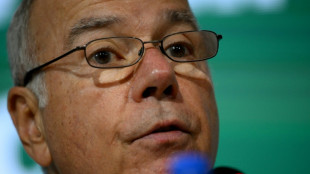
-
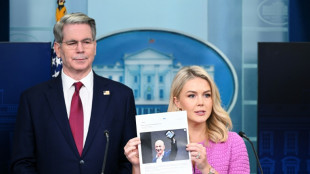 Trump praises Bezos as Amazon denies plan to display tariff cost
Trump praises Bezos as Amazon denies plan to display tariff cost
-
France to tax small parcels from China amid tariff fallout fears
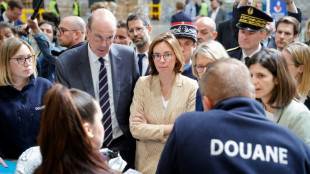
-
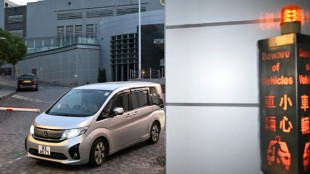 Hong Kong releases former opposition lawmakers jailed for subversion
Hong Kong releases former opposition lawmakers jailed for subversion
-
Trump celebrates tumultuous 100 days in office
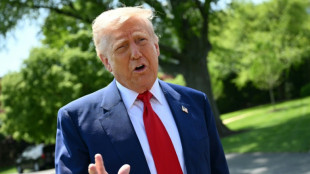
-
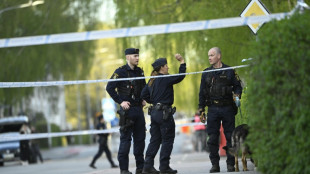 Sweden gun attack leaves three dead
Sweden gun attack leaves three dead
-
Real Madrid's Rudiger banned for six matches after Copa final red

-
 Firmino, Toney fire Al Ahli into AFC Champions League final
Firmino, Toney fire Al Ahli into AFC Champions League final
-
Maximum respect for Barca but no fear: Inter's Inzaghi
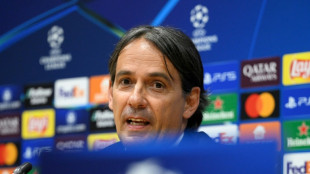
-
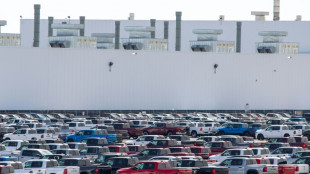 Trump signals relief on auto tariffs as industry awaits details
Trump signals relief on auto tariffs as industry awaits details
-
Cuban court revokes parole of two prominent dissidents
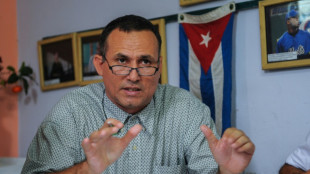
-
 Narine leads from the front as Kolkata trump Delhi in IPL
Narine leads from the front as Kolkata trump Delhi in IPL
-
Amazon says never planned to show tariff costs, after White House backlash
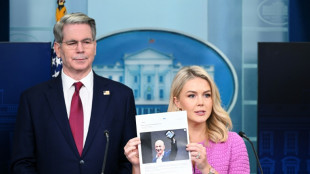
-
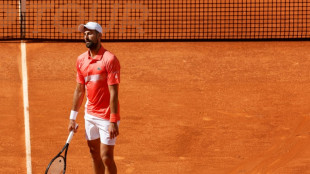 Djokovic to miss Italian Open
Djokovic to miss Italian Open
-
Trossard starts for Arsenal in Champions League semi against PSG
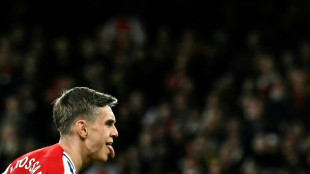

Canada's Carney: political newcomer who says he's best in a crisis
Mark Carney, whose Liberal Party won Canada's election on Monday, has a history of taking on roles at challenging moments.
"I'm most useful in a crisis. I'm not that good at peacetime," he said during the campaign.
Carney secured a term as prime minister despite having never served in parliament, which is unprecedented in Canadian history.
Even with no government experience, he convinced voters that his background dealing with financial turmoil equipped him to lead Canada through US President Donald Trump's trade war.
A 60-year-old married father of four, Carney was born near the Arctic in Fort Smith, in Canada's Northwest Territories, but was raised in the western city of Edmonton.
Like many Canadians, he played hockey in his youth. He studied at Harvard in the United States and Oxford in England, and made a fortune as an investment banker early in his career at Goldman Sachs, working in New York, London, Tokyo and Toronto.
Carney then joined the Canadian civil service, eventually being appointed governor of the Bank of Canada in 2008 by former prime minister Stephen Harper, a conservative.
The global financial crisis erupted shortly thereafter, and Carney was among a group of leaders credited with steering Canada through an international meltdown relatively unscathed.
In 2013 the United Kingdom's prime minister, David Cameron, tapped him to head the Bank of England, making Carney the first non-Briton to lead the institution since its founding in 1694.
The UK then voted to leave the European Union, and Carney played a key role reassuring markets following the 2016 Brexit vote.
When the Canadian announced he was leaving the bank in late 2019, Britain's then-finance minister Sajid Javid said Carney had led "with conviction, rigor and intelligence."
In a recent appearance on a Canadian comedy show, the host -- listing the financial crisis, Brexit and Trump's trade war -- joked Carney might be to blame for the economic upheaval that trails him.
Laughing, Carney said "it's the other way around. I come in to fix these things."
- 'Technocrat' -
Reports that Carney had interest in entering Canadian politics have circulated for years.
In January, after then-prime minister Justin Trudeau announced his plans to resign, Carney launched a campaign to lead the Liberal Party.
Analysts questioned whether a technocrat with no experience in retail politics could energize a party facing dismal polls, as anger towards Trudeau surged after a decade in power.
Dalhousie University professor Lori Turnbull has noted Carney "doesn't have a dynamic communication style."
And yet he went on to win the Liberal party race, and the general election.
Carney had isolated stumbles during the campaign, but experts said his most effective moments were those when he assumed the role of prime minister and assailed Trump in front of a row of Canadian flags.
"The old relationship we had with the United States based on deepening integration of our economies and tight security and military cooperation is over," Carney said last month after Trump unveiled his auto tariffs.
- Touchy subject? -
After leaving the Bank of England, Carney wrote a book and became a United Nations advisor on climate change and finance.
He also returned to the private sector as chairman of Brookfield Asset Management, a major multinational Canadian company.
Carney faced tough questions about his private sector experience, including any role he played in helping Brookfield reduce its Canadian tax burden.
He also had tense exchanges with reporters when asked about his personal wealth.
Carney was pressed to disclose his assets, including what stocks he held, so voters could judge whether he faced any conflicts as prime minister.
He countered that he put all his assets in a blind trust, complying with Canada's ethics rules.
"Look inside yourself," he said to a reporter who pressed him last month on his decision not to disclose his assets.
"You start from a prior of conflict and ill will," he charged.
"I have stood up for Canada. I have left my roles in the private sector at a time of crisis for our country."
M.Vogt--VB
